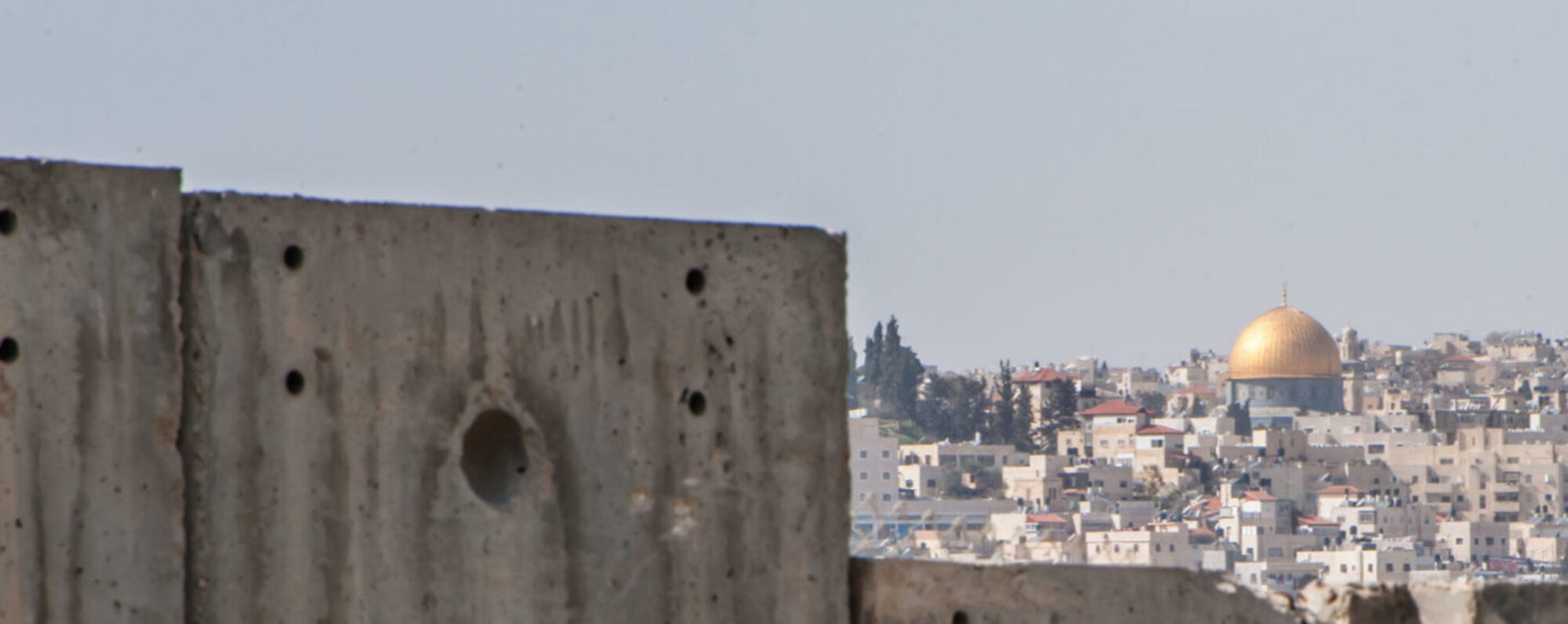Los Angeles Times Article – July 8th, 2017
“There are many reasons people may be barred from entering the state of Israel. If they present a risk of criminal or terrorist activity, for instance. If they tell lies at the border or don’t cooperate with border officials. If they’re suspected of trying to immigrate illegally.
But now Israel has added a new rule — to implement a noxious law passed by the Knesset in March — requiring border authorities to refuse entry also to people who have publicly supported a boycott of the country. These visitors would be turned away not because they are suspected of a crime or pose a security risk, but because they have expressed an opinion in favor of a nonviolent protest movement that is unpopular in the country.
Frankly, this is not an attempt to combat anti-Semitism, as some claim, nor will it end what the law’s backers call the “delegitimization” of the Jewish state. It is, rather, an attack on freedom of expression and on political dissent. It is a disappointing step backward for a country that routinely boasts of its robust democracy and presents itself up as a bastion of freedom in an unfree part of the world.
Truly free countries tolerate peaceful dissent.
The law was passed to battle the growing boycott, divestment and sanctions movement. The loosely organized BDS movement, begun more than a decade ago and modeled on the international boycott campaign that targeted South Africa under apartheid, calls on people and companies to boycott Israel until it ends its occupation of “all Arab lands,” tears down its border barrier separating Israelis from Palestinians, ensures equal legal rights for Arab citizens and acknowledges the right of Palestinian refugees to return to the former homes of their families in Israel.
Some supporters of BDS accept the “two-state solution” in which a secure Israel and an independent Palestine would exist side by side; others don’t. Over time, alternative boycott calls have emerged: Some critics of Israel’s policies, for instance, call for a boycott only of goods produced in Israeli settlements; others would target all Israeli goods. The new law does not distinguish between the two.
It is not entirely clear whether the government intends to keep out only leaders of the BDS movement or whether the law could be applied equally to, say, a college student who has posted a pro-boycott message on Facebook. According to the newspaper Haaretz, Strategic Affairs Minister Gilad Erdan wants to set up a database of Israeli citizens who promote or support BDS; the government already has created an “intelligence unit” to gather information on BDS activists from abroad, the newspaper reported.
Refusing entry to the country’s critics isn’t unprecedented; Israel has turned away travelers for political reasons in the past, including denying a visa earlier this year to a researcher from Human Rights Watch. It has also restricted the foreign travel of Omar Barghouti, one of the founders of the BDS movement.
Some other governments have rallied to support Israel. In France, for instance, an appeals court upheld “hate crime” convictions for several supporters of BDS. In the U.S., a number of states have enacted laws barring their agencies from doing business with companies or individuals that endorse boycotts against Israel.
This page has never called for a boycott, divestment or sanctions against Israel and has been consistent for decades in supporting a two-state solution. But whether one agrees with the goals of BDS or not, the fact remains that boycotts are a form of speech, a classic tool of peaceful political expression.
Israel, a country that has faced more than its share of wars, terrorism and other violent threats, has over the years built a strong democracy marked by vigorous debate and a tolerance of alternative points of view, at least for its own citizens inside its own borders. It should not backslide.
Truly free countries tolerate peaceful dissent. The 50-year occupation of the Palestinian territories seized during the Six-Day War has gone on for too long and must eventually be brought to an end. For Israeli authorities to demonize — or exclude — those who publicly oppose it is a terrible mistake.”
This was a posting we found from the LA Times:

